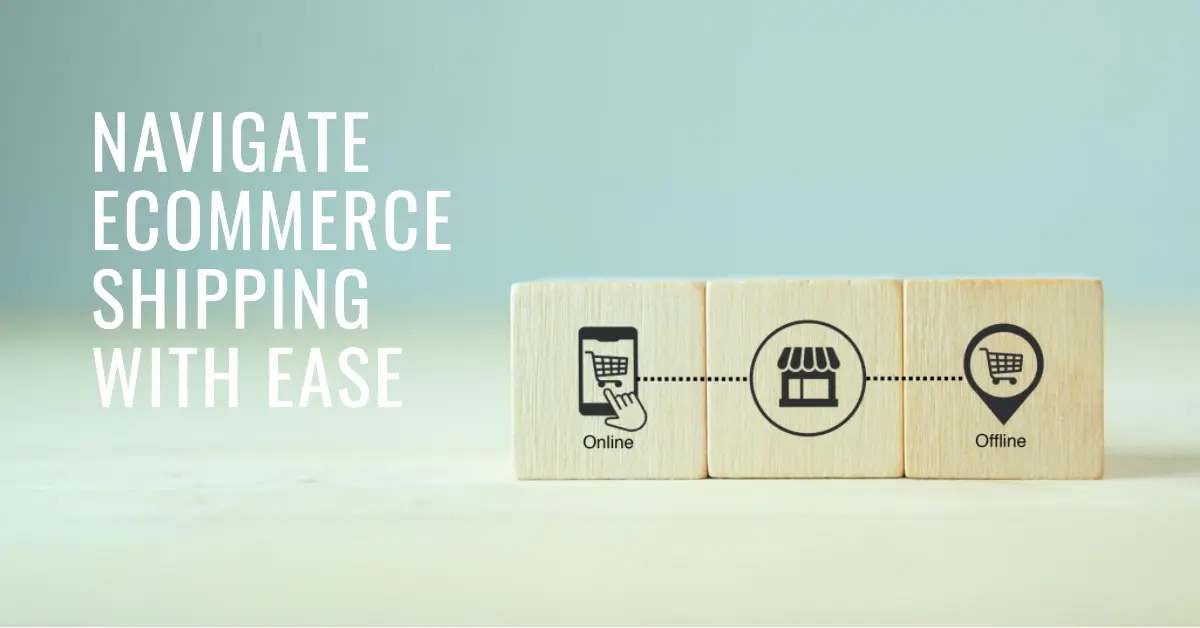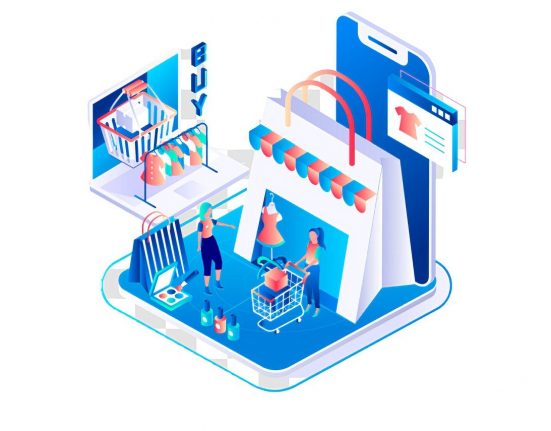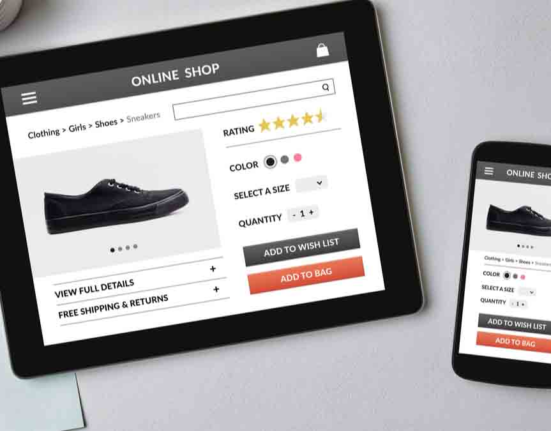In the fast-paced world of e-commerce, new businesses encounter many hurdles, with shipping being a major one. Shipping isn’t just about getting packages to doorsteps; it’s a key part of how customers feel about a brand.
For growing e-commerce companies, having a good shipping plan can be the difference between standing out or getting overshadowed by countless competitors. The cost of shipping, speed of delivery, packaging quality, and return policies can heavily influence a brand’s image and how loyal customers are to it.
This guide aims to demystify the intricacies of ecommerce shipping, offering startups a roadmap to navigate the complexities, optimize operations, and, ultimately, delight their customers. Whether you’re new to the ecommerce world or looking to refine your shipping processes, this comprehensive guide will serve as your trusted compass.
Ecommerce Shipping: An Overview
Ecommerce has rapidly transformed the way we shop. This digital transition brought about several challenges; one of the most pressing is ecommerce shipping. For startups, understanding the nuances can be the difference between a flourishing business and a faltering one.
Ecommerce shipping refers to the process of delivering ordered products to customers. It’s more than just shipping; it’s about ensuring timely, accurate, and cost-effective delivery.
In the ecommerce world, your shipping strategy can influence conversions and customer loyalty.
Choosing The Right Shipping Options
Not all products or customers are the same. Offering different shipping options can cater to varied needs.
- Standard Shipping
Typically, it is the most affordable, but it might take longer to get delivered.
- Expedited Shipping
This is faster than standard; it’s usually pricier but appeals to last-minute shoppers.
- International Shipping
It opens global markets but involves customs and higher costs.
The Role of Courier Services
Courier services for e-commerce play a pivotal role. They are the intermediaries who ensure your products reach customers safely.
Partnering with reliable courier services for ecommerce can elevate the customer experience. They offer tracking, support, and insurance for lost or damaged items.
Mastering the Art of E-commerce Shipping: Key Strategies and Considerations
Mastering the art of e-commerce shipping requires a blend of strategy, adaptability, and attention to detail. Here are some key strategies and considerations:
- Packaging Matters
Ecommerce shipping isn’t just about delivery; it’s strategic. It safeguards products during transit and can shape buyer impressions. Leveraging sustainable shipping materials can also attract green-minded shoppers, boosting brand image.
- Calculating Shipping Costs
Ecommerce startups often grapple with determining shipping fees. Remember, high fees can deter purchases. Consider factors like package weight, dimensions, destination, and courier service charges.
- Offering Free Shipping
Free ecommerce shipping is appealing to customers. But is it sustainable for your business? To offer this perk, some companies adjust product prices upward. Alternatively, you can offer free ecommerce shipping for orders exceeding a specific amount, incentivizing larger purchases.
- Tracking and Communication
After dispatching an ecommerce shipping order, communication shouldn’t halt. Customers value updates on their shipment’s location. Supply tracking numbers and consistent notifications. This clarity fosters confidence and diminishes buyer apprehension.
- Returns and Exchanges
A seamless return process can enhance customer satisfaction. While returns might seem detrimental, they can foster loyalty if handled correctly. Have a clear return policy. Offer prepaid return labels for added convenience.
- Going Global
If considering international ecommerce shipping, be prepared for added complexities. Customs, duties, and varying courier services for ecommerce in different regions can complicate processes. Research and plan meticulously.
- Evaluating Courier Partners
Don’t settle for the first courier service you find. Evaluate multiple options. Consider their pricing, delivery timeframes, customer reviews, and support services. The right partner can make ecommerce shipping smoother.
- Seasonal Shipping
During peak seasons like the holidays, shipping demands surge. Anticipate this surge. Stock up on packaging, coordinate with courier services, and offer special shipping rates.
- Customer Feedback
Regularly gather feedback regarding the shipping experience. Feedback can reveal areas for improvement, whether it’s in packaging, courier choice, or delivery timeframes.
- Technology Integration
Use technology to your advantage. Integrate shipping tools and plugins to automate processes. This not only streamlines operations but also ensures accuracy in shipping details and calculations.
- Regularly Update Shipping Policies
The ecommerce landscape is dynamic. What works today might not work tomorrow. Review and update your shipping policies periodically. Keep abreast of changes in courier services for ecommerce and industry best practices.
- Insurance and Liabilities
Shipping mishaps occur. Packages get lost or damaged. To safeguard against potential financial losses, consider getting shipping insurance, especially for high-value items.
- The Competitive Edge
Ecommerce shipping isn’t just an operational requirement; it’s a competitive tool. Fast shipping, reliable courier services for ecommerce, and flexible options can set you apart from competitors.
- Customer Support
Shipping queries are common. Ensure you have a support team ready. Whether it’s a delayed package or a damaged item, prompt and empathetic responses can salvage situations.
Wrapping-Up
Navigating e-commerce shipping as a startup might seem challenging. However, with meticulous planning, partners like Shipyaari – a top courier company, and continuous learning, it becomes simpler. Remember, in the digital era, shipping isn’t just a back-end operation—it’s integral to the customer journey. Prioritize it, and you’ll witness not only smoother logistics but also increased customer loyalty and business expansion. For more information, explore Shipyaari.






